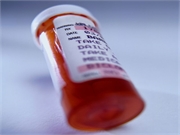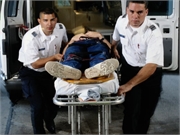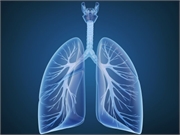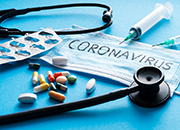Emergency Medicine
Home Emergency Medicine
Article Addresses Management of Cancer Care During COVID-19
Patient information should be provided; well visits should be rescheduled, transitioned to telemedicine
Mental Health at Risk for Health Care Workers Treating COVID-19
Nurses, women, frontline health care workers caring for COVID-19 patients at greater mental health risk
2017 to 2018 Saw Drop in Overdose Death Rates Involving Opioids
But rates involving synthetic opioids increased
E. Coli Outbreak Tied to Clover Sprouts Rises to 39 Cases in Six States
25 new cases Feb. 26; two people have been hospitalized
Statement Addresses Concerns About Heart Meds and COVID-19
Patients advised to continue ACE inhibitors/ARBs after researcher posits risk for severe COVID-19 infection
Homeless Patients With AMI Have Distinct Risks, Outcomes
Homeless patients have higher 30-day readmission rates, more readmission for psychiatric causes
Most Emergency Providers Have Little Firearms Safety Experience
However, 59.1 percent report encountering firearms in ED or immediate environment at least once a year
Incidence of Subclinical CT Changes High in COVID-19 Cases
Milder severity seen on CT for asymptomatic versus symptomatic Diamond Princess cruise ship cases
Lopinavir-Ritonavir No Benefit in Adults With Severe COVID-19
No benefit seen in time to clinical improvement, mortality at 28 days compared with standard care alone
Sports Concussion Recovery May Be Slower Than Thought
At two weeks postinjury, less than half of patients are recovered, regardless of age



















